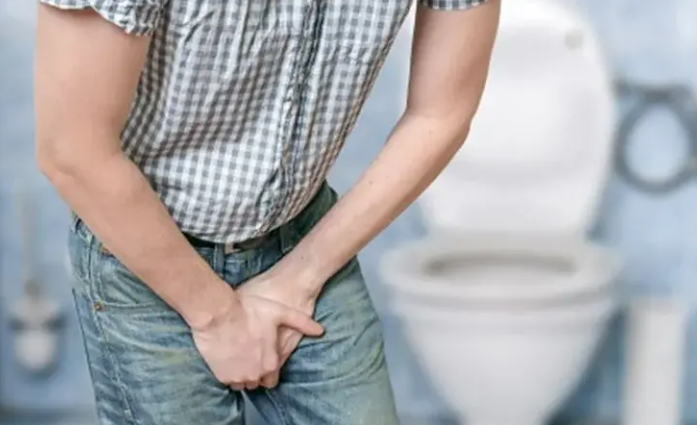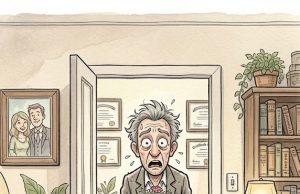
Urinating frequency is an important indicator of your body’s overall health. Urinating between four and eight times a day is considered normal in healthy adults.
But when you experience an urgent or constant need to urinate—even at night—
This can be a sign that something isn’t working properly in your body.

One of the most common causes of excessive urination, also known as polyuria, is uncontrolled diabetes. When blood glucose levels are high, the body attempts to eliminate excess sugar through urine, causing an increase in urination frequency and volume. This symptom is often accompanied by excessive thirst, weight loss, and fatigue.
Another possible cause is a urinary tract infection. Bladder or urinary tract infections can irritate the inner lining, causing a constant need to urinate, often with discomfort, burning, and a feeling of not having completely emptied the bladder.
Hormonal problems, such as an imbalance in antidiuretic hormone, can also affect urine production. Similarly, overuse of diuretics, high caffeine or alcohol consumption, or even anxiety can lead to a frequent urination pattern.
In men, an enlarged prostate (benign prostatic hyperplasia) can press on the urethra, making it difficult to completely empty the bladder and causing frequent urination, especially at night. In women, hormonal changes during pregnancy or menopause can alter urinary function.
Drinking large amounts of water is not always the primary cause; while staying hydrated is important, excessive urination without an apparent cause may be a reason to consult a doctor.
How many times should you pee a day?

Most people pee on average about seven to eight times per day. If you feel the need to pee more than that, or if you have to get up to pee every 30 minutes to an hour, you might be frequently urinating. But context matters. This may still be “normal” if you’re drinking lots of fluids or taking certain medications. What matters most is what’s typical for you.
Care and Treatment
How can I stop frequent urination?

Frequent urination treatment depends on the underlying condition. Common treatments include:
– Antibiotics to treat a UTI
– Changing what kinds of fluids you drink and how much you drink on a daily basis
– Managing diabetes, prostate conditions or other conditions
– Pelvic floor physical therapy to treat an overactive bladder
A provider may recommend Kegel exercises to strengthen your pelvic floor if you also have urine leakage (urinary incontinence).
What can I do at home to treat frequent urination naturally?
If you don’t have a UTI or another underlying condition, there are several lifestyle changes that may help you manage frequent urination. These changes may include:
– Avoiding fluids two hours before going to sleep
– Limiting the amount of alcohol and caffeine you drink, including soda pop, tea, coffee and other caffeinated drinks
If you have leaks, a healthcare provider may recommend wearing absorbent pads or underwear to protect your clothing, furniture and bedding.
What are the possible complications or risks of not treating frequent urination?
It depends on the underlying cause. While many causes of frequent urination aren’t serious, some can cause life-threatening complications without treatment. Serious complications may include:
– Dehydration
– High blood glucose in unmanaged diabetes
– Infections that spread to other areas of your body
Listening to your body is essential. If you notice a sudden increase in the need to urinate, changes in the color or odor of your urine, or if this situation is accompanied by other symptoms such as abdominal pain, fatigue, or weight loss, it’s best to see a healthcare professional. An early diagnosis can make all the difference and prevent further complications. Urinating is a basic bodily function, but when it becomes excessive, it should be taken as a warning that something is wrong.
















